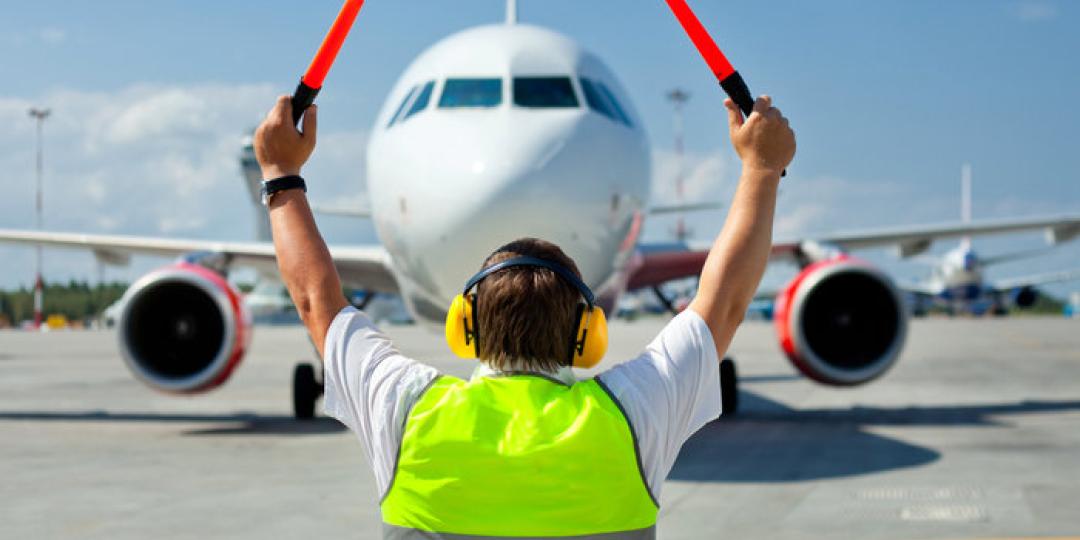The Board of Airline Representatives of South Africa (BARSA) has addressed a letter to President Cyril Ramaphosa, the Department of Transport and the Department of Trade and Industry, pleading for a restart of regional and international passenger flights in and out of South Africa.
Barsa chairperson, Carla da Silva, told Tourism Update that the association – which represents a number of global and regional airlines which have a presence in South Africa – had been “actively and extensively” involved in lobbying government to reopen South Africa’s borders through various platforms such as the Tourism Business Council of SA (TBCSA) Business Unity SA, Airports Company South Afrca (Acsa), the SA Civil Aviation Authority (SACAA) and Air Traffic Navigation Services.
However, with no green light, the aviation industry was reaching a position of urgency and, for this reason, Barsa’s Exco had taken the decision to compile a direct plea to the government outlining the importance of the aviation industry and the vital role it must play as a catalyst for restarting the SA economy.
Da Silva said the air transport industry (including airlines and the industry supply chain) was estimated to support R88.95 billion (€4.2 billion) of GDP in South Africa, while the air transport and tourism industries together contributed approximately R180 billion (€9.4 billion) to GDP each year. Tourism also supports almost half a million jobs.
“If air travel restrictions remain in place, a total of 472 000 jobs are on the line and the probability of these individuals sourcing alternative means of income, or completely shifting sectors, are slim. This will result in the unemployment rate in South Africa rising drastically,” said da Silva.
She added that the aviation industry was a worldwide network that generated economic growth, facilitated international trade, travel and tourism and was essential for global business.
Da Silva pointed out that hotels, travel agents, car-rental companies, chauffeur-driven vehicles, bus service companies, airport-based restaurants, airport management (and all their own supply chains) were supported by, and, to a certain extent, reliant on the airline industry.
“The restrictions imposed on the airline industry must not be viewed in isolation. Airlines have been suffering financially, but this issue should also be looked at from the perspective of the income that airlines channel to other sectors of the economy,” she highlighted.
“The reduction of air accessibility, both regional and international, will also weigh against further foreign direct investment in South Africa. 3,5% of the country’s GDP is immediately at stake, plus there will be significant longer-term damage to South Africa as a tourism destination, as a direct foreign investment option and as a continental business hub,” she added.
Da Silva also mentioned that the airline industry was already one of the most regulated economic sectors and said airlines had already submitted and had their Standard Operating Protocols to contain the spread of COVID-19 individually approved by the SACAA.
While Barsa has not yet heard back from government regarding its appeal, da Silva e urged the industry not to give up and to know that there had been encouraging signals from government relating to the restarting of regional and international aviation.
Tourism Update contacted the government for further information but had not heard back from the President’s office at time of publication.























